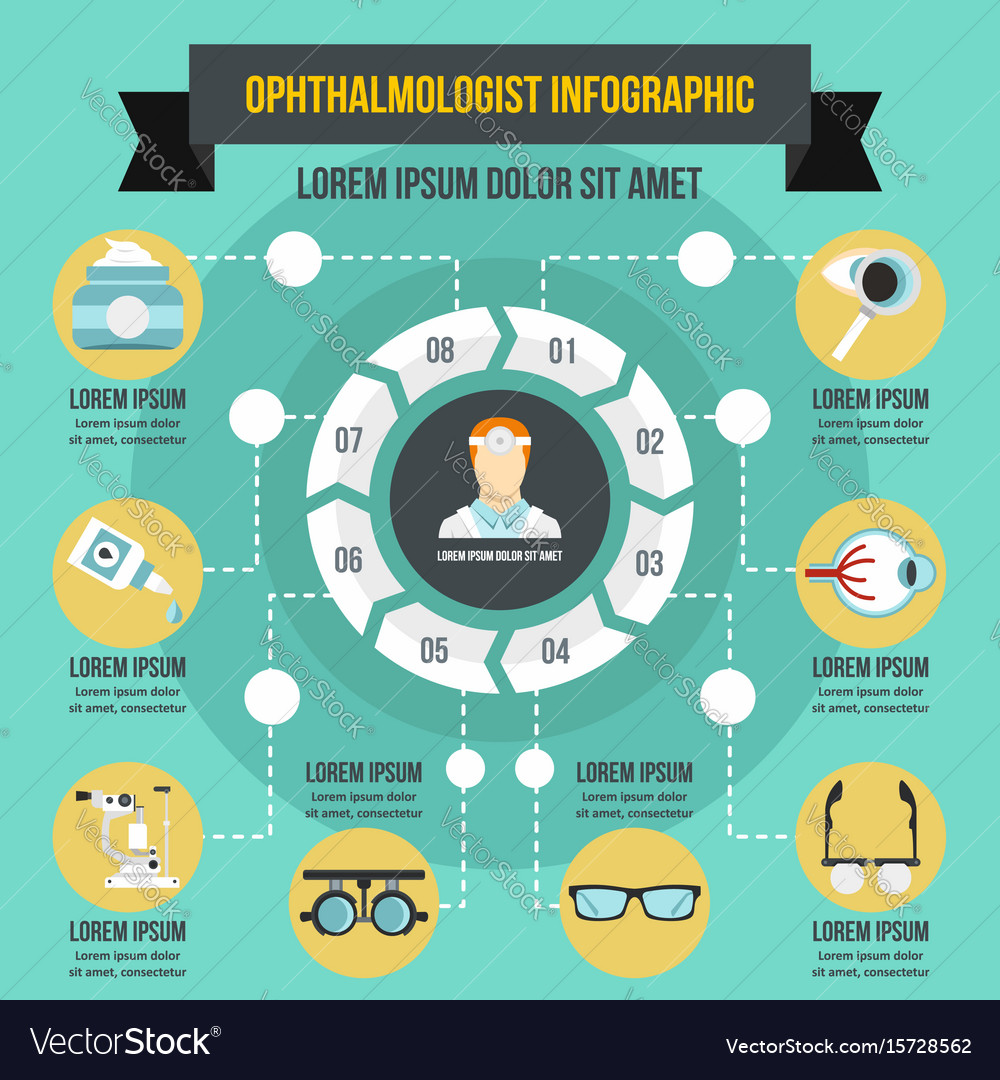Is SMILE Eye Surgical Treatment Right For You? Secret Factors To Consider And Insights
Is SMILE Eye Surgical Treatment Right For You? Secret Factors To Consider And Insights
Blog Article
Published By-Bridges Thestrup
If you're pondering SMILE eye surgical treatment, contemplate this: are you prepared to welcome possible aesthetic liberty, or does the thought of any kind of dangers make you think twice? Your decision will rest on a mindful balance of weighing the benefits versus the unpredictabilities. It's essential to dive much deeper into the subtleties of SMILE surgical procedure to make an enlightened option that aligns with your aesthetic goals.
Recognizing SMILE Eye Surgery
When taking into consideration SMILE Eye Surgery, it is necessary to understand the treatment and its advantages. SMILE, which represents Tiny Incision Lenticule Extraction, is a minimally intrusive laser eye surgery that deals with typical vision problems like nearsightedness (nearsightedness).
During the procedure, your eye doctor will use a femtosecond laser to create a little cut in your cornea. With this incision, a little disc of cells called a lenticule is eliminated, improving the cornea and remedying your vision.
Among the key advantages of SMILE Eye Surgical procedure is its quick recuperation time. Numerous patients experience improved vision within a day or more after the treatment, with marginal discomfort.
In addition, SMILE is known for its high success price in giving long-term vision correction. Unlike LASIK, SMILE does not need the creation of a flap in the cornea, minimizing the threat of issues and permitting a much more steady corneal structure post-surgery.
Recognizing the treatment and its advantages is crucial when thinking about SMILE Eye Surgical procedure for vision improvement.
Advantages and disadvantages of SMILE
Considering SMILE Eye Surgical treatment for vision correction comes with various benefits and potential disadvantages.
One of the main pros of SMILE is its minimally intrusive nature, as it includes a small cut and typically causes quick healing times. https://www.optometrytimes.com/authors/melanie-denton-dombrowski-od-mba-faao is likewise known for causing marginal pain and completely dry eye signs post-surgery compared to other vision adjustment techniques. Additionally, SMILE has been shown to supply outstanding visual results, with numerous individuals attaining 20/20 vision or better.
On https://helena.bravejournal.net/open-the-power-of-perfect-vision-a-full-guide-to-laser-eye-surgical-procedure , a potential disadvantage of SMILE is that it might not appropriate for individuals with extreme refractive errors, as the treatment array is somewhat limited contrasted to LASIK. An additional factor to consider is that the knowing curve for specialists executing SMILE can influence the schedule of seasoned companies in specific locations.
It is essential to consider these pros and cons thoroughly when choosing if SMILE is the best choice for your vision adjustment demands.
Identifying Qualification for SMILE
To identify if you're eligible for SMILE eye surgery, your optometrist will certainly carry out a thorough evaluation of your eye health and vision requirements. During this evaluation, factors such as the security of your vision prescription, the thickness of your cornea, and the total health and wellness of your eyes will certainly be evaluated.
Generally, prospects for SMILE more than 22 years of ages, have a secure vision prescription for at least a year, and have healthy and balanced corneas without problems like keratoconus.
Your optometrist will certainly also consider your general eye health, any existing eye problems, and your way of life requires to establish if SMILE is the ideal option for you. It's important to communicate any type of certain aesthetic demands or problems you might have throughout this examination to make sure that the treatment straightens with your expectations.
If you aren't qualified for SMILE, your ophthalmologist might recommend different vision modification alternatives that far better fit your specific demands and eye health condition.
Final thought
Ultimately, choosing whether SMILE eye surgery is right for you requires cautious consideration of your specific eye health and aesthetic requirements. Consult with your eye doctor to identify your qualification for the treatment and weigh the potential benefits and disadvantages. Remember to connect any kind of worries or concerns you might have throughout the analysis process to make an enlightened choice about your vision modification choices.
